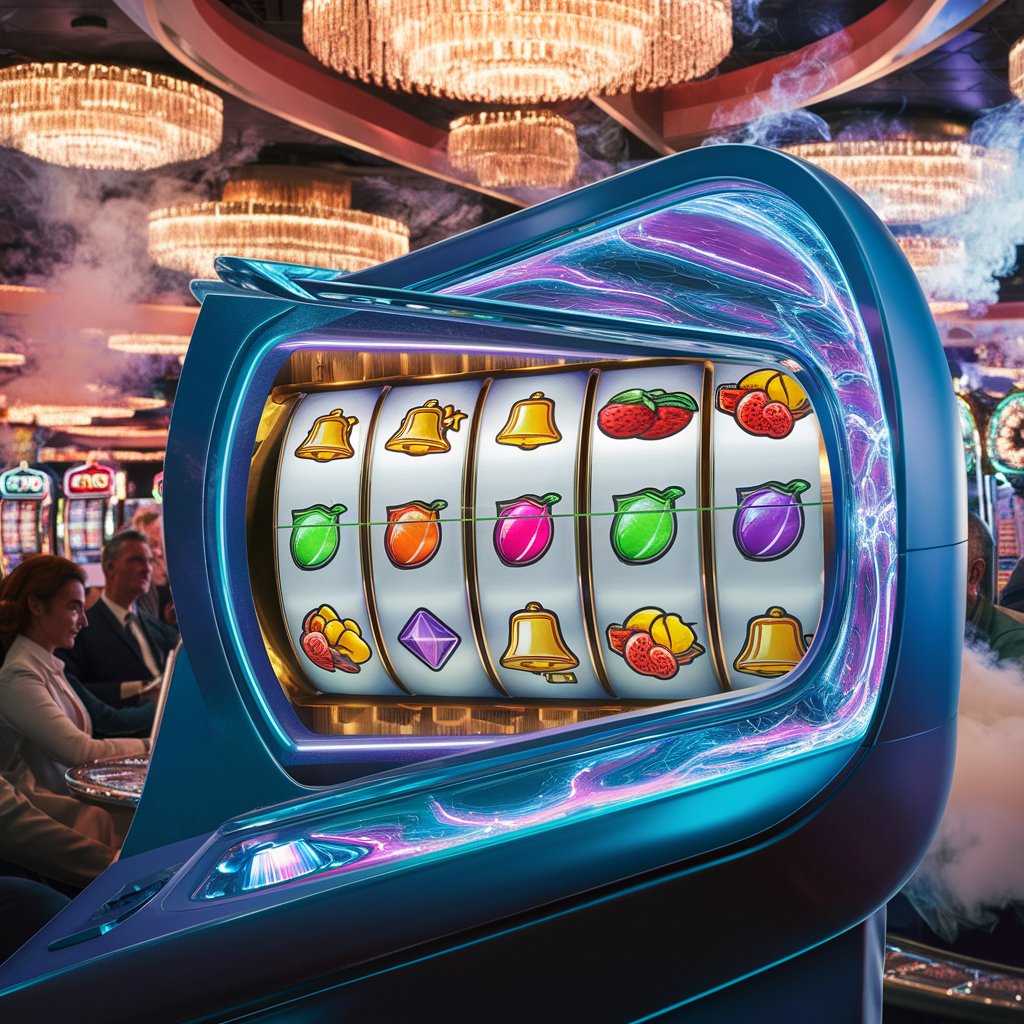A casino is a facility where people engage in various forms of gambling, including slot machines, table games like poker, and sports betting. These establishments are often associated with luxury, excitement, and the potential for significant financial gain or loss.
The Growing Popularity of Casinos
Over the past few decades, casinos have become increasingly popular worldwide, not only as places for gambling but also as entertainment hubs offering shows, dining, and more. Their appeal spans a broad demographic, particularly adults seeking leisure and thrill.
Why Discuss the Age Appropriateness?
As casinos continue to expand in popularity, it’s important to address whether these environments are suitable for all ages, especially children. While casinos market themselves as adult playgrounds, the potential impact on younger audiences is a concern that warrants discussion.
Understanding the Casino Culture
Adult-Oriented Entertainment
Casinos are designed to cater to adults, with offerings such as alcohol, smoking areas, and adult entertainment. The atmosphere is often intense, noisy, and filled with stimuli that can be overwhelming and inappropriate for children.
Financial Implications
Gambling is inherently risky, and the financial implications can be severe. Adults may understand the consequences of losing money, but children are more vulnerable to the allure of quick wins, which can lead to unhealthy attitudes towards money and risk.
Psychological Impact
The bright lights, sounds, and fast-paced environment of casinos can be overstimulating for children. Over time, exposure to such an environment can impact a child’s psychological development, leading to potential issues with impulse control and addiction.
Legal Restrictions
Most countries have strict age restrictions on who can enter casinos or participate in gambling. These laws are in place to protect minors from the risks associated with gambling, recognizing that children are not equipped to handle the potential consequences.
Risks Associated with Children Being in a Casino Environment
Exposure to Gambling
Allowing children into casinos exposes them to gambling at an impressionable age. Early exposure increases the likelihood of developing gambling problems later in life, as children might not fully grasp the concept of odds, probability, and financial loss.
Influence on Developing Minds
Children’s minds are still developing, making them more susceptible to the influence of what they see around them. The glamorization of gambling can skew their perception of reality, leading them to associate gambling with success, rather than recognizing its risks.
Behavioral Consequences
Children exposed to gambling environments may mimic the behaviors they observe, such as risk-taking or chasing losses. These behaviors can manifest in other areas of life, potentially leading to problems in school, relationships, and future financial stability.
Emotional Well-being
Witnessing the emotional highs and lows associated with gambling can affect a child’s emotional well-being. The stress and anxiety that often accompany gambling losses can be distressing for a child, leading to confusion and emotional turmoil.
Conclusion
Casinos are environments designed for adults, with gambling posing significant risks for children. The potential for financial loss, psychological impact, and behavioral issues makes it clear that casinos are not suitable for kids.






